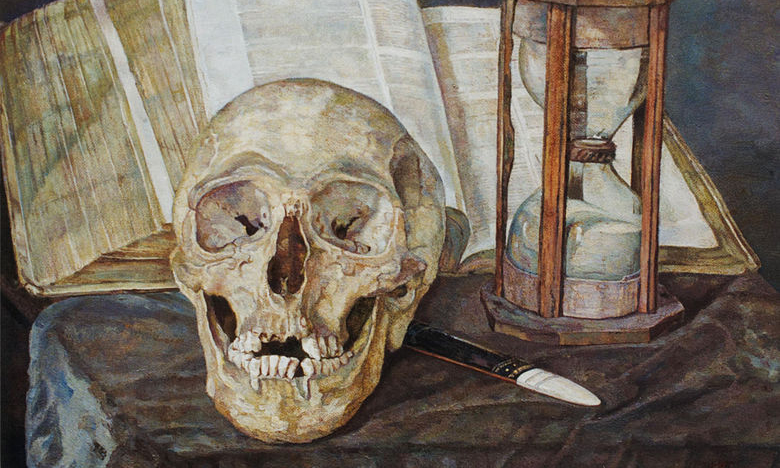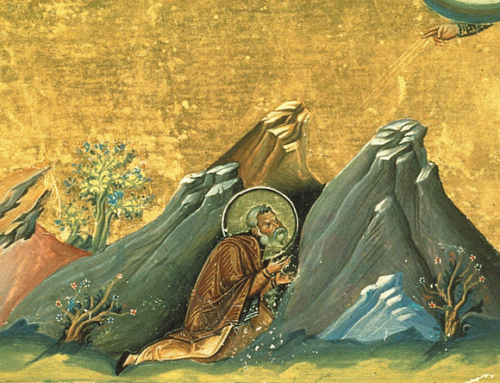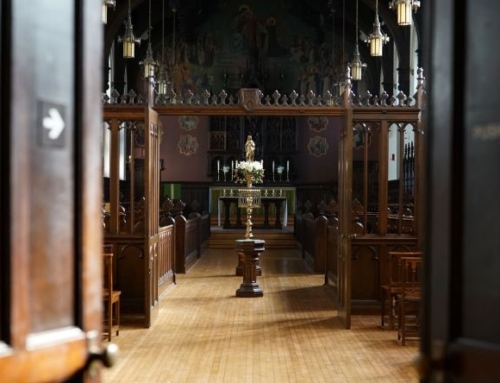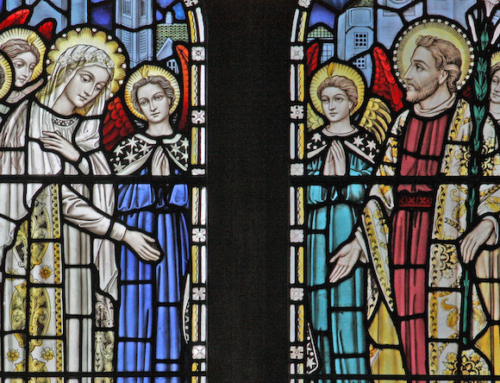The book of Ecclesiastes has always fascinated me. When I first read it, I thought that King Solomon wanted to tell his readers that everything was hopeless and pointless. After all, he laments that all is vanity (1:2), including our greatest works and our wisest insights. He concludes that “there is nothing better for a man than that he should eat and drink and find enjoyment in his toil” (2:24a). It surprised me that such a bleak outlook on life was found in Scripture, and so I suspected that there must be something more to the book. And indeed, there is something more. Although it seems quite bleak, Solomon is really pointing us back to the true source of happiness.
In the book, Solomon reflects upon the tragedy of his own life. For thousands of years, great kings before him had outdone each other in ambitious building projects and surpassed each other in riches. Solomon spent years seeking wealth and wisdom in the hopes that he would take his place atop this litany of great men. He amassed a wealth of gold and silver, built new cities, and secured his borders. He sought what the ancient philosophical schools all taught as the road to happiness: wealth, honor, virtue, and wisdom. Yet when the dust settled and he looked upon all that he had done, he realized that his accomplishments could not follow him beyond the grave. None of his work could make him happy. He had no power to conquer death.
This is an important text for us today. We are able to make many choices that determine our lives, including careers, friends, and spouses. We can believe that our own efforts can secure happiness. Yet for all the choices and freedom and success in our lives, we find so little true happiness. People become disappointed with their work mid-career. Others divorce. Some are betrayed by friends. Death brings to an end so much of what we worked for, and we do not know whether others will carry on our work.
The proper response is not despair, but hope in something greater. Riches, knowledge, and honor disappoint us because they all must come to an end; instead, we must seek something that has no end. God is the only source of happiness for which we were made. Only he is infinite. He alone has conquered death.
The attainment of happiness in God is somewhat mysterious. We cannot extract it from God like gold and silver from the earth. Solomon found the real answer after years of a futile search: “To the one who pleases him God gives wisdom and knowledge and joy” (2:26). Only God can grant us happiness. This involves our own cooperation and growth in virtue, but it is a work begun by God and brought to completion in him. This was a very difficult realization for a king who was accustomed to determining his own fate in life. Happiness was the one thing he could not secure by his own power, but it was the one thing he wanted most of all.
Only God’s freely given love can set us free from our own misery. God wants to bring us close to him so that we can enjoy the happiness that he enjoys in himself. The means by which he brings us to that goal may be difficult to understand. The life he asks us to live may not be the life that we would have chosen. We might be shocked and angered by the realization that all our efforts, apart from God, are empty. Yet we can hope in the salvation that is offered to us in the coming of Christ, a salvation that bears fruit in this life and in the life to come. This life is greater than all the wealth and wisdom of Solomon because it alone conquers death.
✠
Image: Corrie Pabst, Vanitas with a skull, an hourglass, and a book







